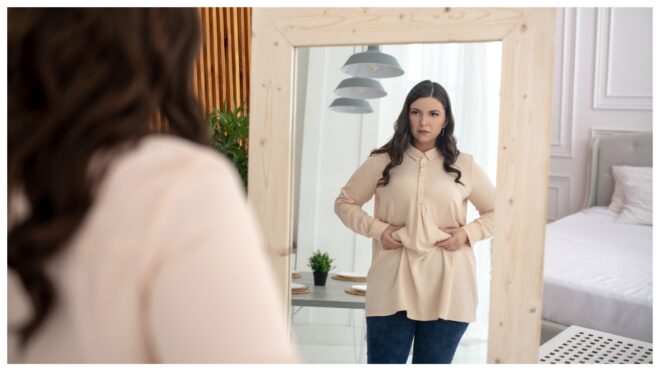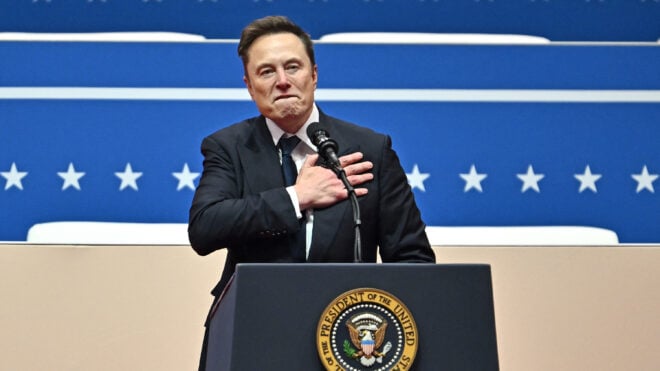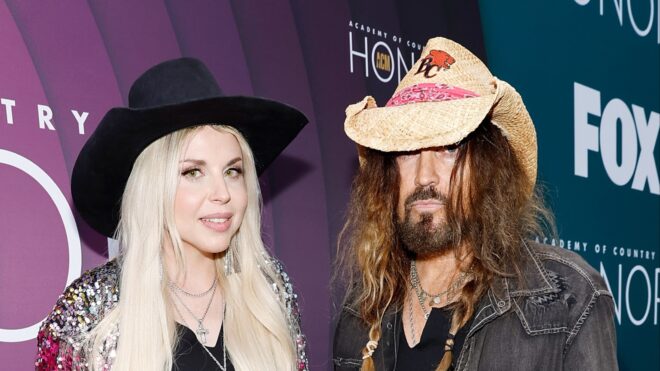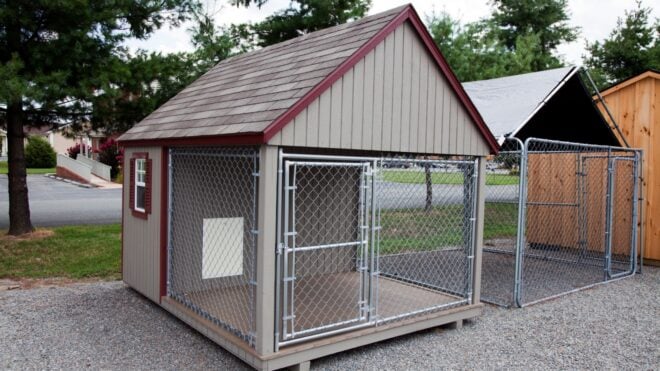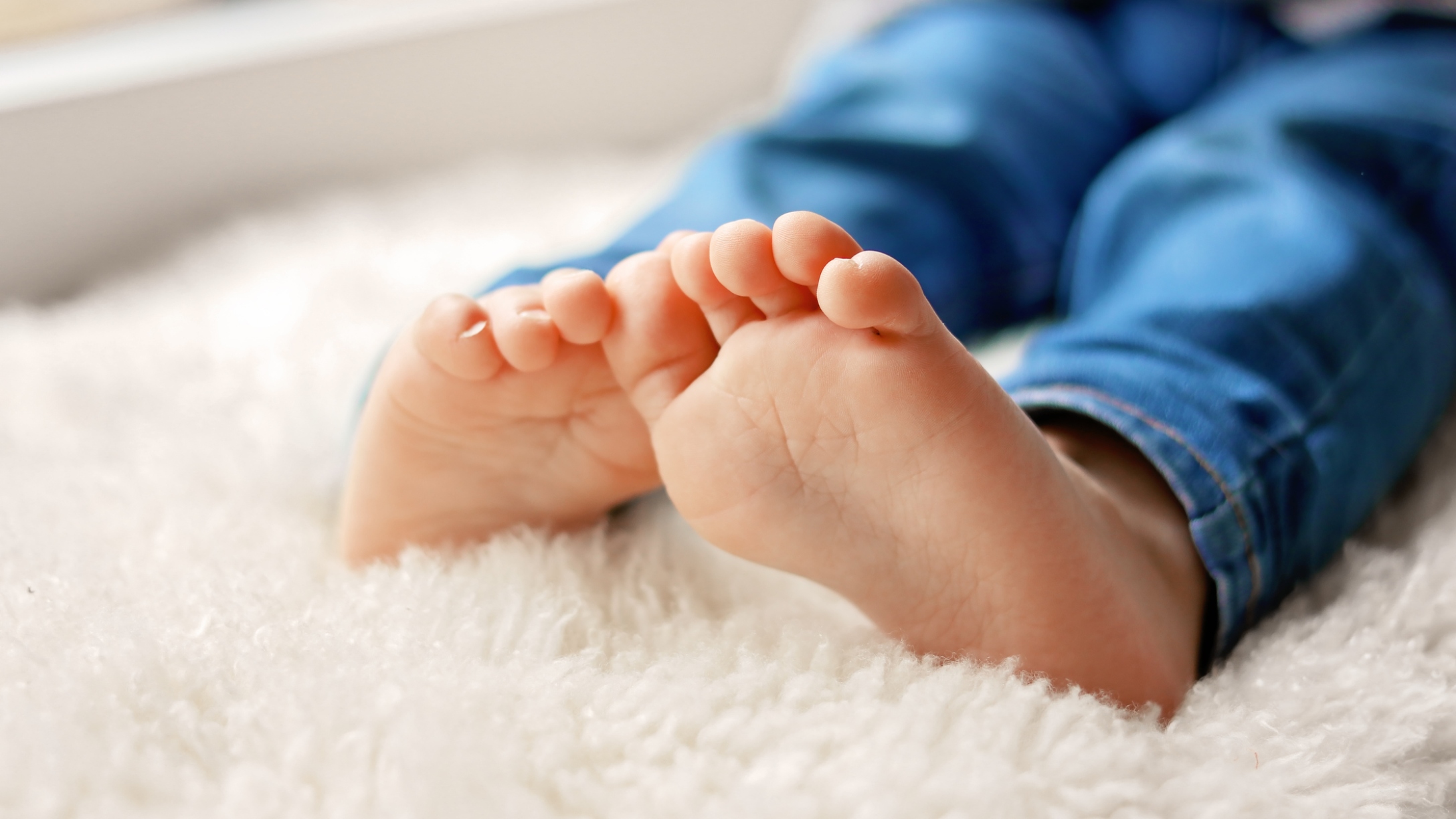
My son was born two months early in late March 2009. The experience was everything you probably think it was: scary, exciting, painful, beautiful, and confusing. He spent a month in the NICU, which was both overwhelming and educational. The day he came home was terrifying and glorious, and pretty much every day with him has been that way since.
His first three years were exciting for all the regular reasons. He grew, he learned things, he sat up, crawled, walked. He was also diagnosed with three different conditions during that time, one for each year.
His cerebral palsy diagnosis came when he was 2; his dad and I had noticed he tended to walk on his toes on one foot, and after running a few tests, his medical team landed on CP. As it was already clear that life with this child would never, ever be dull, we buckled down and learned what we could about his disability and what it could mean in the long and short term.
In that time, I also learned a lot about parents of disabled kids. It's an odd club; few people imagine their child will have or develop a disability, but once you're in, you quickly find that parents of disabled kids are some of the most motivated, educated, and supportive parents out there. Like most parents, they love their kids, and they want to do everything they can to make sure their kids know that.
Somehow, part of that has turned into parents of disabled kids adopting their children's disabilities as a kind of identifier … and I'm really not sure that's OK.
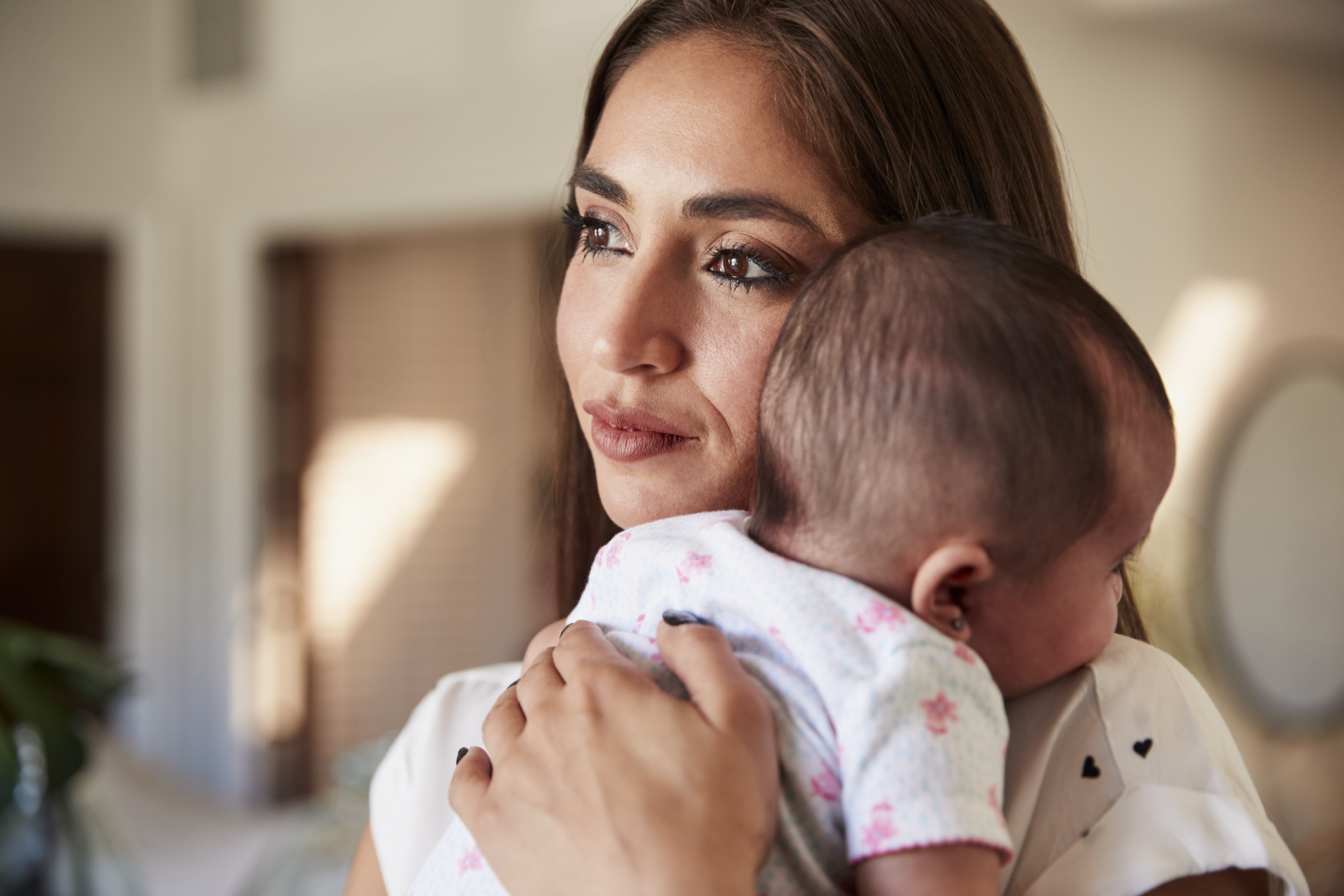
Finding out your child has a disability is a jarring moment. No matter how you might feel after you've had time to digest the news, a disability diagnosis isn't something most of us are ever expecting our child to receive. I think it's OK to say that, just like it's OK for parents to go through a multitude of feelings in the days, weeks, and months that follow a diagnosis.
Raising an able-bodied, neurotypical kid is hard enough; throwing in a diagnosis of a condition that you might not be remotely familiar with is hard times infinity.
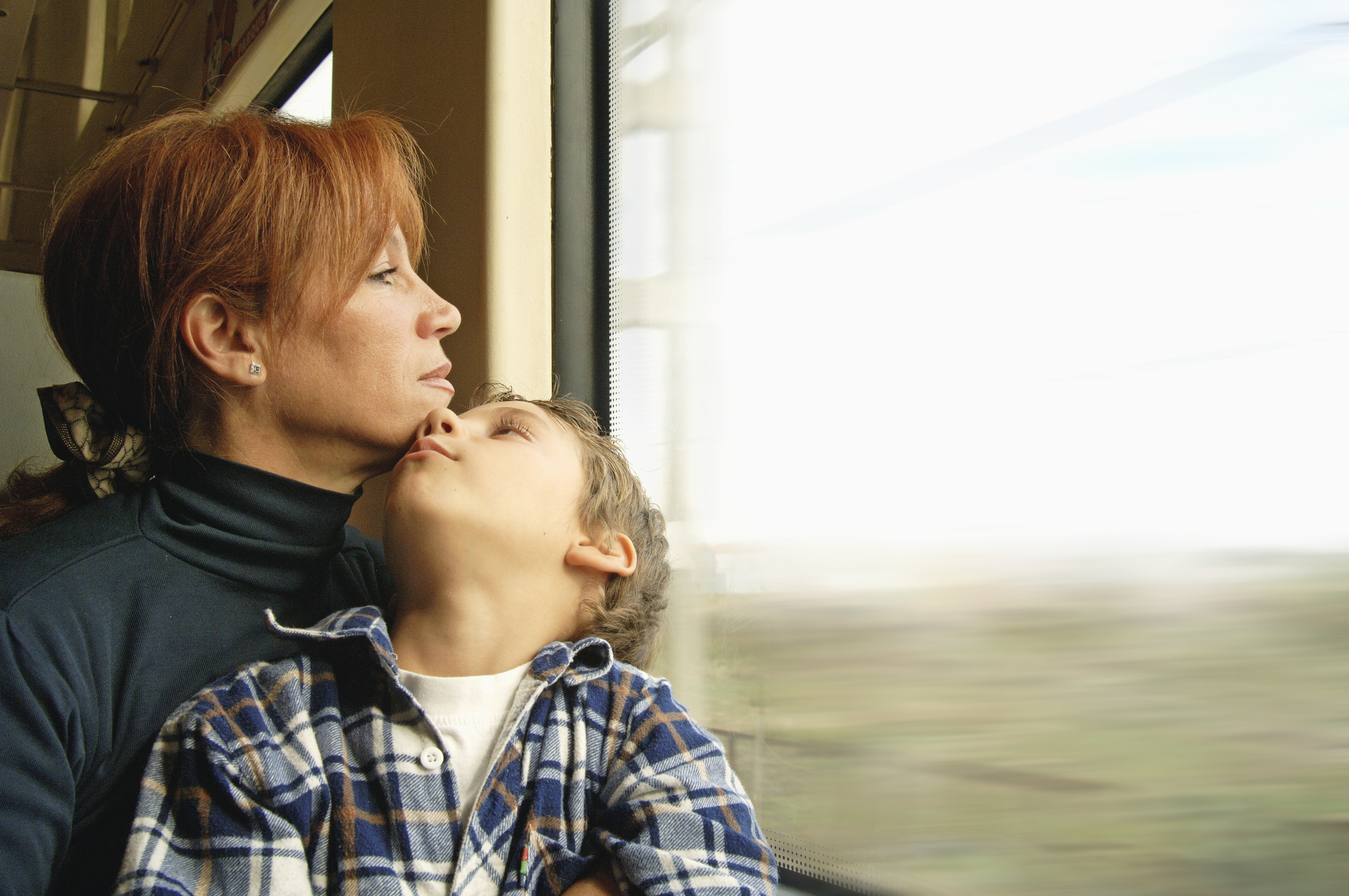
There are a lot of reasons for that. I felt two things when my son's diagnosis came in: relief and complete and total confusion. The relief poured in first; we had worried that he had a more serious diagnosis (Duchenne muscular dystrophy, or DMD), and learning that he didn't was a profound moment. But as quickly as that relief flooded in, it flooded out: What the heck did cerebral palsy mean?
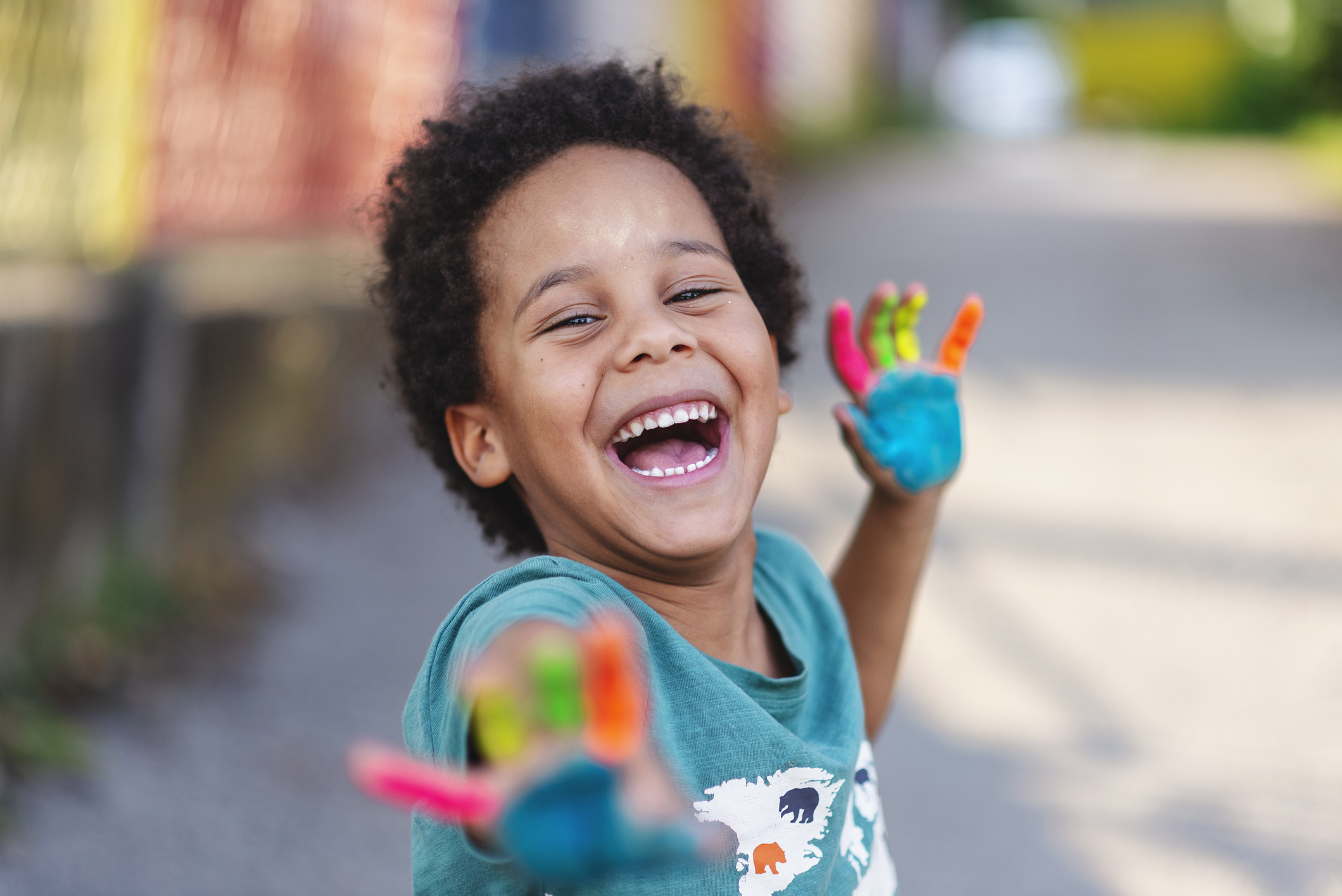
Like a lot of people, at the time I had a pretty limited understanding of what cerebral palsy can mean for each person who receives the diagnosis. I assumed everyone who has cerebral palsy needs a wheelchair, that they are not able to move their feet and legs, and that a life with cerebral palsy would be a life that couldn't be as great as a life without it.
It turns out I was wrong about all of that. First and foremost, a life with any disability can be lived as joyfully and fully as a life without one; disability isn't a death sentence. Cerebral palsy encompasses a huge spectrum of conditions and realities, and children and adults who have cerebral palsy use any number of assistive devices — or none at all.
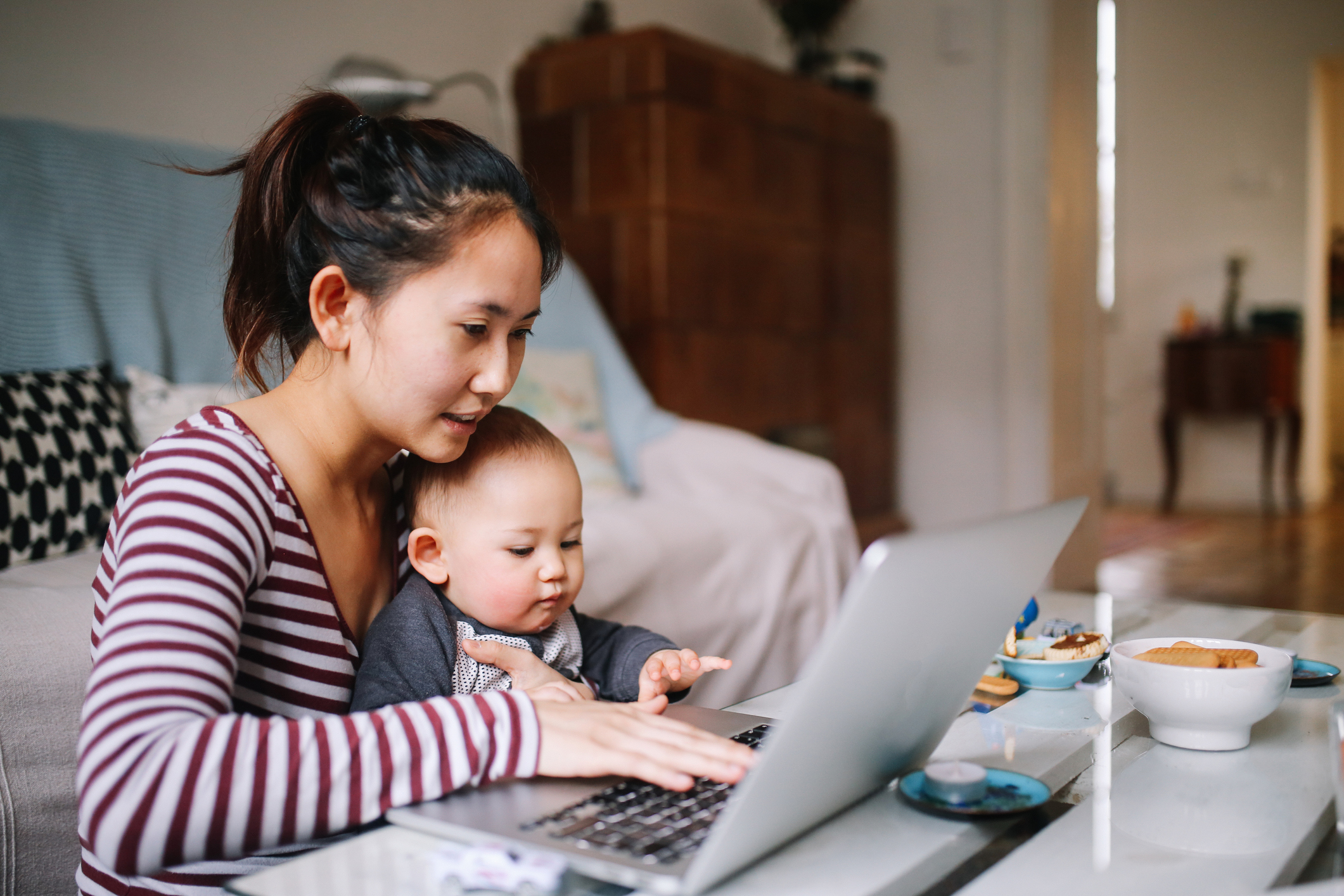
I wanted to learn as much about cerebral palsy as I could. I wanted to be able to empower my child, to be able to support him, and to educate myself and others in our family (and anyone who was curious). I began to find communities of parents of kids who have cerebral palsy pretty quickly; sites like Facebook made it easier than ever to almost immediately connect.

A lot of these parents were moms, and lot of them were like me: They wanted to learn as much as they could about cerebral palsy, empower their children to live confidently, and support their kids and the community of disabled people. So, on one hand, it makes sense that monikers like "special needs mom" or "cerebral palsy mom" (kind of like "autism mom") were so readily adopted; it became an easy way to identify other moms who were traveling a similar road, and it also seemed like an easy way to show support.
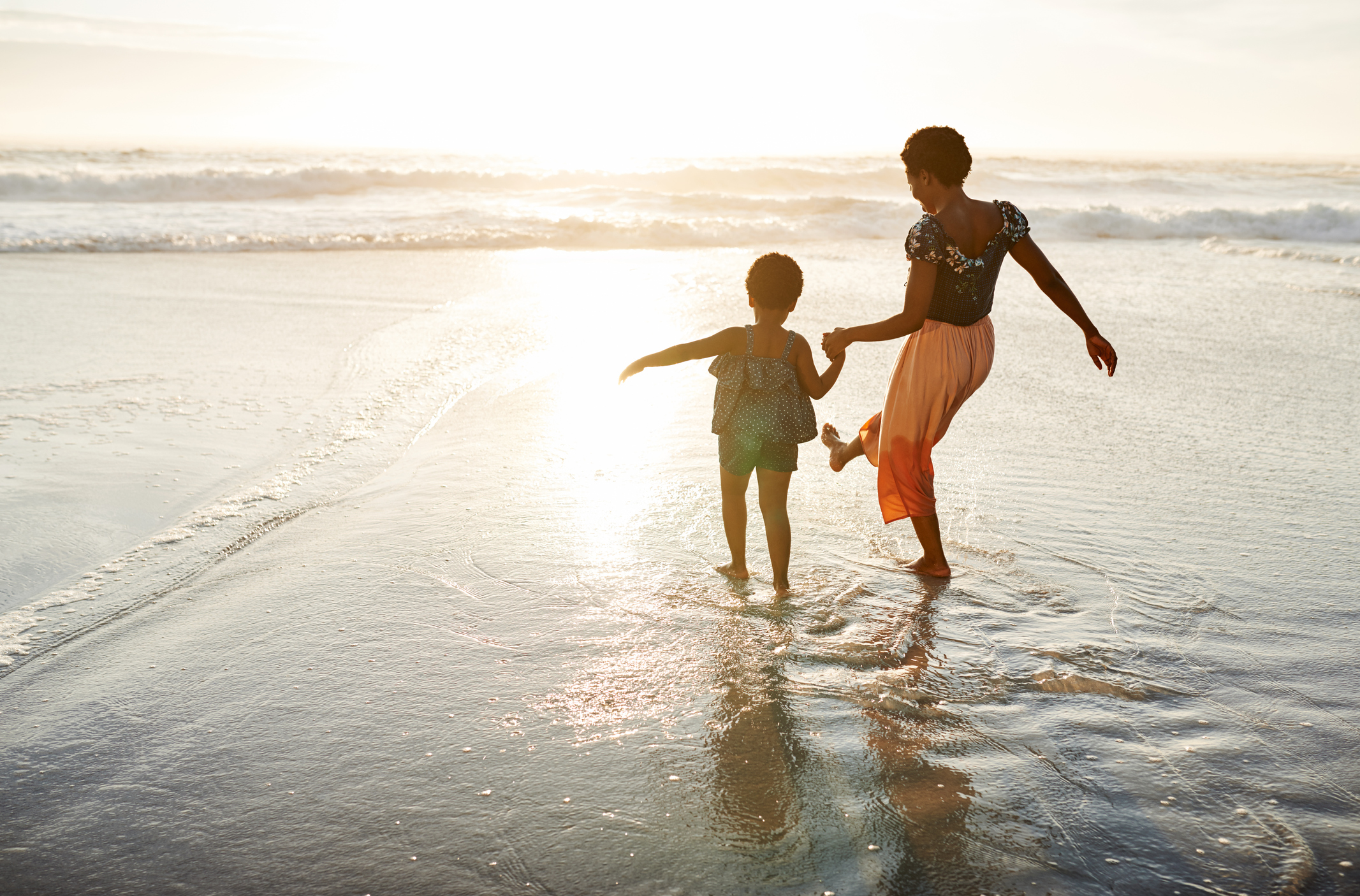
I first started reading about self-labeled "autism moms" six or so years ago; in 2016, Shannon Des Roches Rosa published a great piece on Medium called "How 'Autism Warrior Parents' Harm Autistic Kids" that really stuck with me.
In the piece, Shannon writes about if your child is diagnosed with a condition that you didn't expect: "If these typical parenting expectations aren’t met — and especially when, as with autistic kids, there is neither conventional wisdom nor clear-cut medical explanations to say why — parents usually flail. To make matters even more difficult, the rest of society tends to treat those flailing parents with a combination of pity, shunning, and condescending praise, which leaves post-diagnosis parents feeling isolated. What do confused, lonely people without roadmaps tend to do? They grasp at anything that gives them direction."
That really stuck with me, and I wondered: What are we all trying to do when we described ourselves as cerebral palsy/autism/disability moms in the first place?

By the time I read that piece, my own child was 7, and I had already ceased referring to myself as any kind of mom other than just a mom. I had already worked for someone who asked me point-blank if I thought it was OK to abort children who have disabilities (that same person also pounced on a comment my then 7-year-old made — without understanding what he was really saying — to point out that my own disabled child was being ableist). I had already watched my child deflated by children, by teenagers, and by adults who couldn't wait to draw attention to his obvious physical differences. I was already pretty tired of all of it.
But I was grateful for the piece, because it made me stop and think.
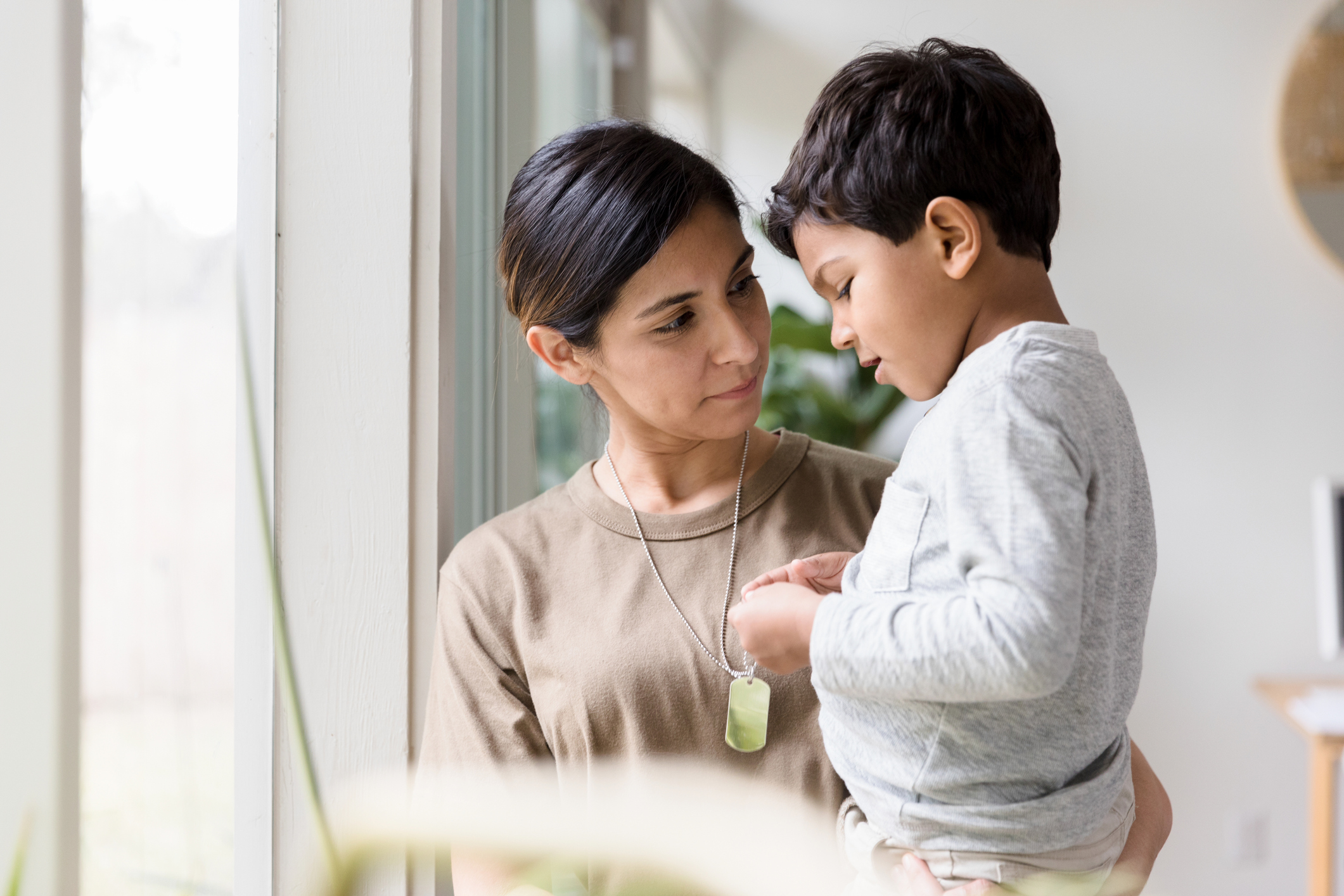
I am not, and have never been, a cerebral palsy mom. If your child has autism, I don't think you're an autism mom. I understand the need to grasp onto anything that helps you make sense; I get needing to feel anchored to something, even if it's just a name. But wearing our children's very real disabilities as identities for ourselves is ableism in and of itself; doing so manages to elevate our own identities as able-bodied parents of disabled children — or neurotypical parents of neurodivergent children — above their own identities.
In more basic terms, using a title like "cerebral palsy mom" mostly just serves to make me more interesting to … social media? The internet at large? I'm not photographing my son and putting his information out there to draw attention to myself; giving myself a new nickname feels like some version of that.
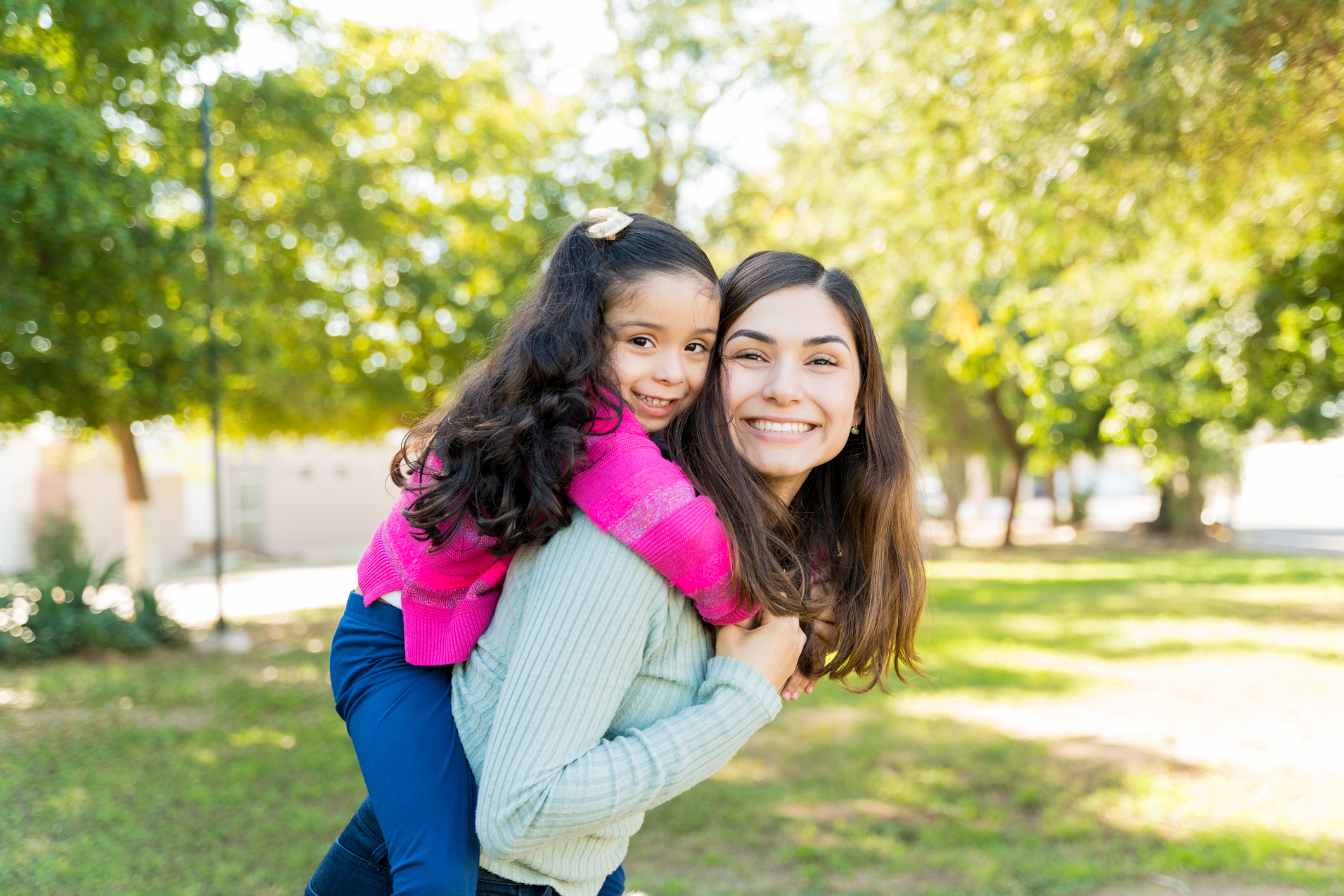
Aimee Christian wrote another piece that I really like: "Why I Stopped Calling Myself a Special Needs Parent." Here's the part that resonates the most with me:
"I learned that special needs is a euphemism that only further isolates and excludes. It implies that the needs of the disabled are not common, not normal. Now that I know this, I can’t unknow it. We have to stop tiptoeing around these labels and just accept that disability exists. In an accessible world, no one’s needs are special. They are just human needs."
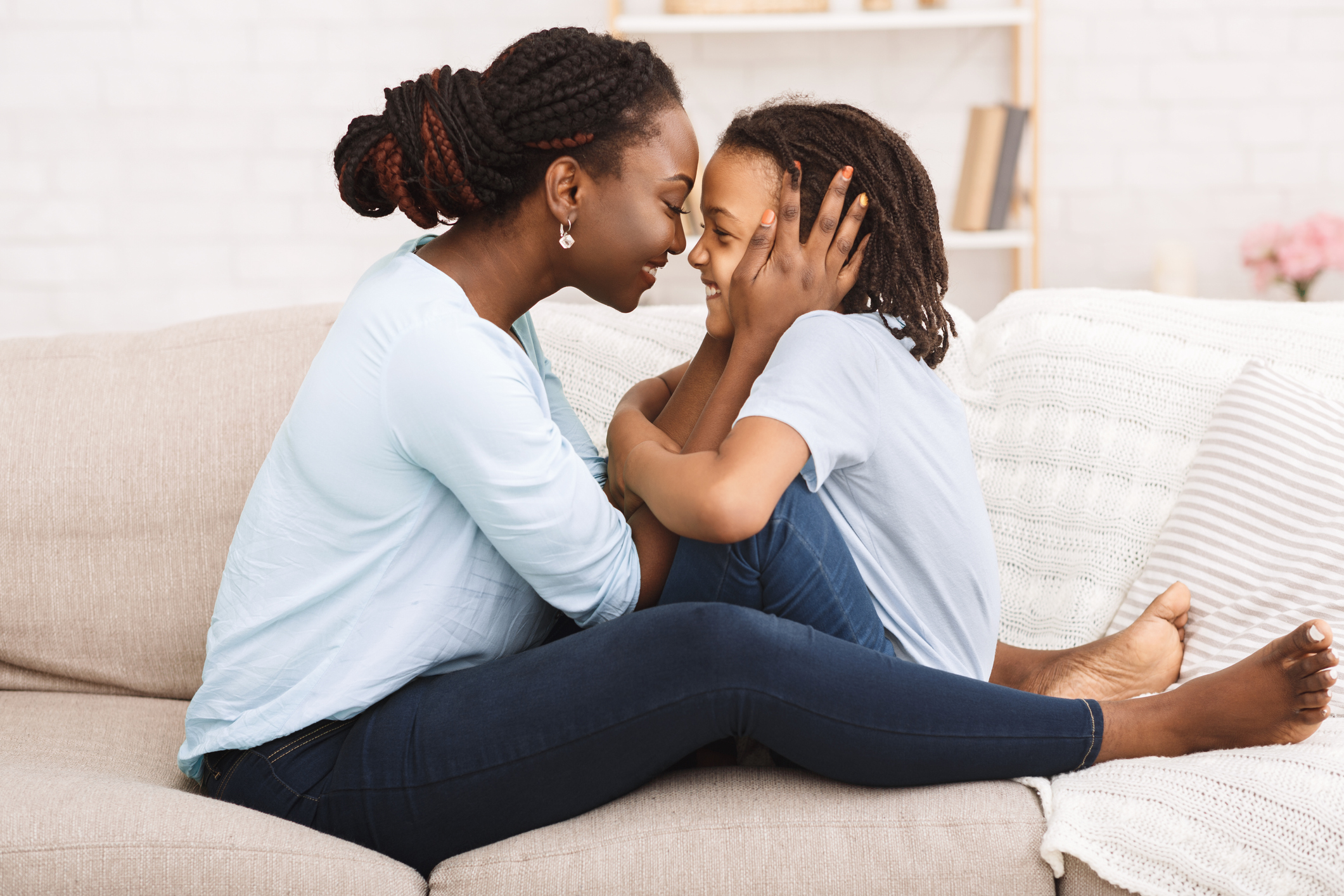
Parents of disabled kids and neurodivergent kids have a lot of opportunities to do great things, and we also have a lot of opportunities to really mess things up (just like everybody else). Some of that is due to our own actions, and some of it is due to the overwhelming voices around us.
Lisa Lightner of A Day in Our Shoes addresses this directly in a post titled "When Autism Moms Are the Worst Offenders When It Comes to Ableism and Being Ableist." She points out that from the jump, many in the medical community note that parents should be allowed to "mourn" the loss of the child they expected to have (which is advice I myself have taken and given, and advice I am now appalled by):
"When I was discussing prenatal testing with the OB nurse, she said to me (as far as an advantage to having the testing done): 'It gives you the chance to mourn your typical child and prepare for life with a special needs child.'
"Imagine that! The medical community! That I should mourn my child, simply for who he is."
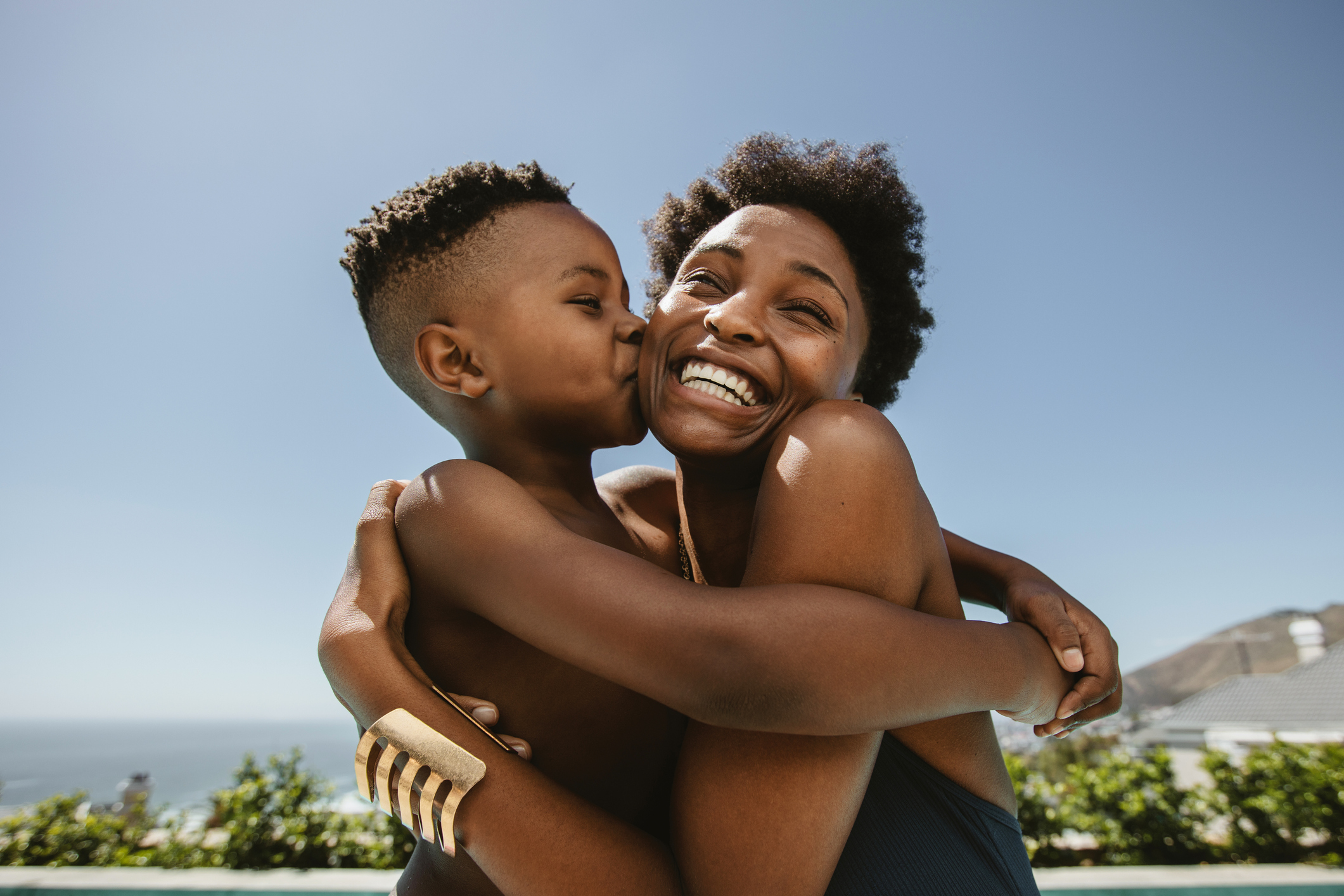
Like raising any child, raising a child with a disability means you're going to have to keep evolving and learning every step of the way. Just because I'm writing this essay today doesn't mean I've nailed parenting a disabled child perfectly, but hopefully it does mean I'm going to keep learning and listening to disabled voices every day.
While it can be tempting to use a term like "cerebral palsy mom" to identify ourselves, it isn't helpful; in fact, it can be pretty harmful. There are many ways to be allies to the disabled community, but placing ourselves adjacent to disability isn't one of them.

